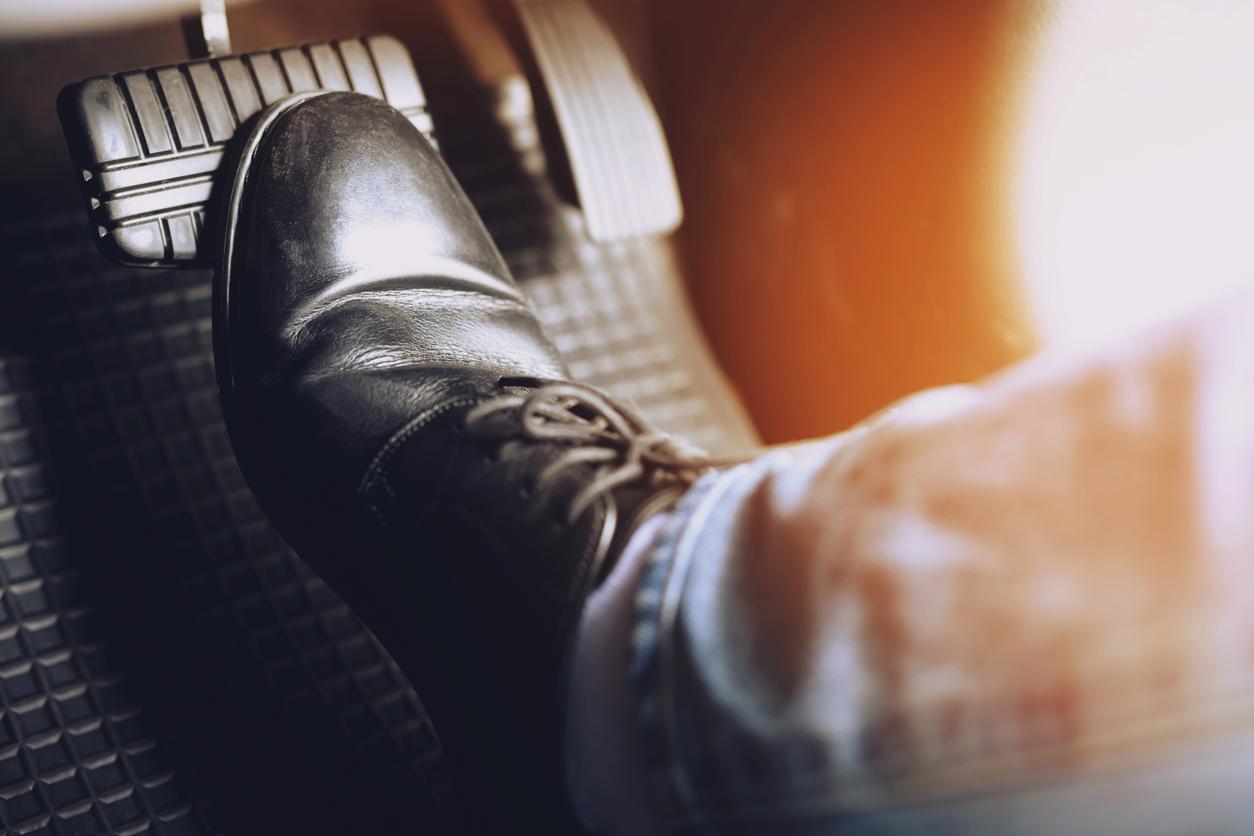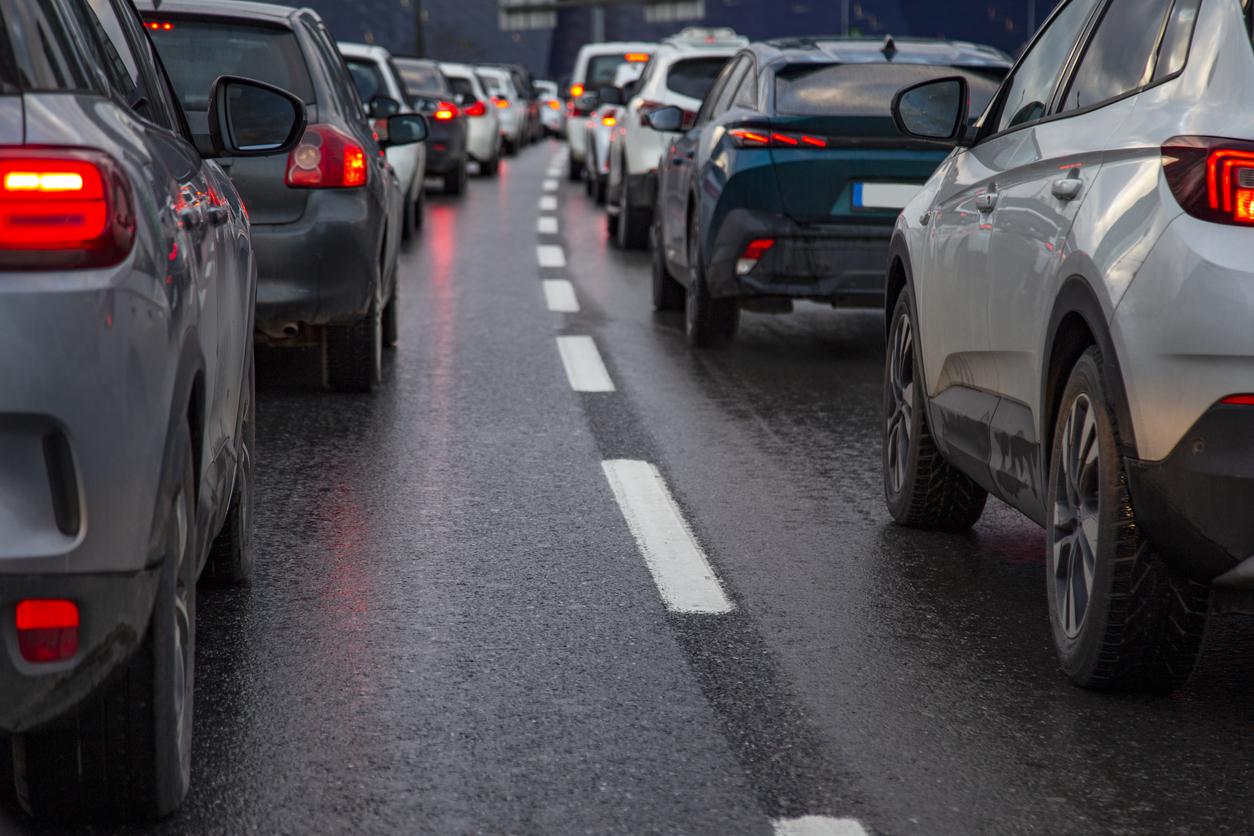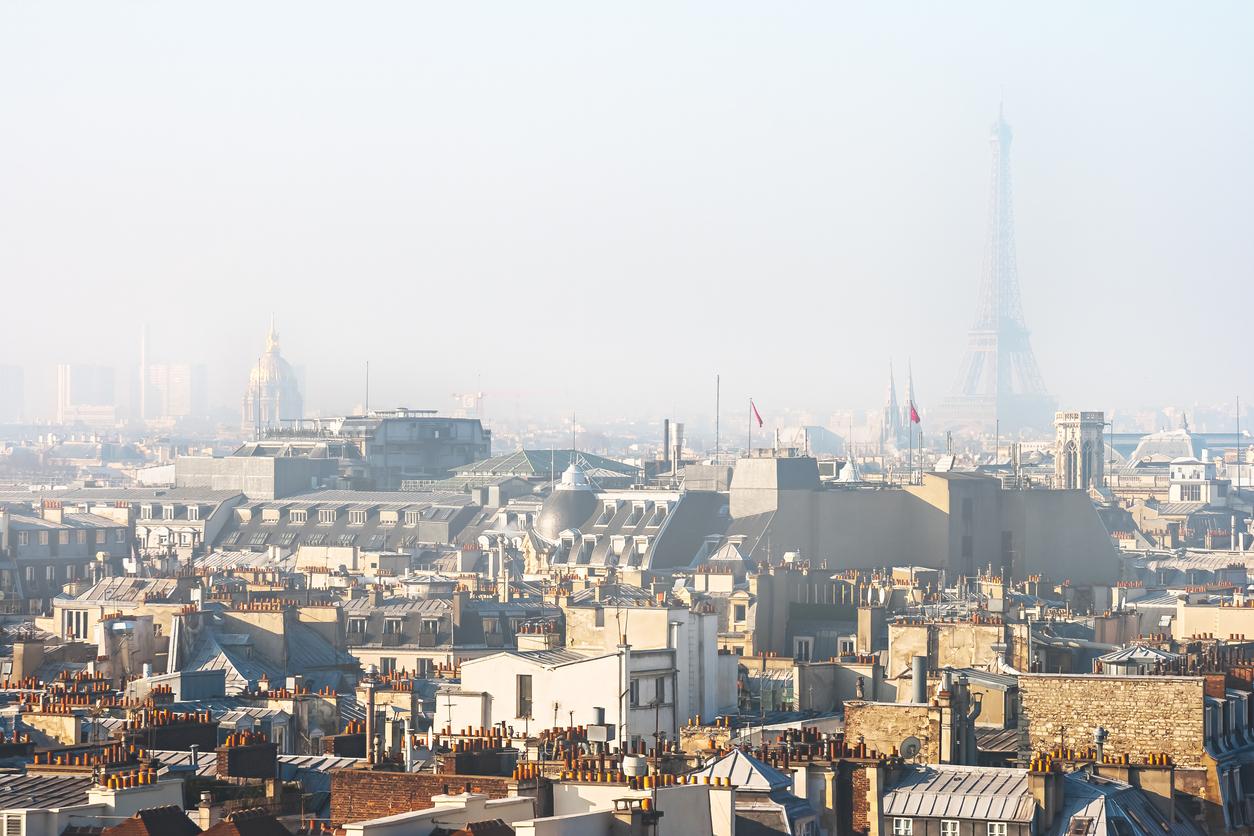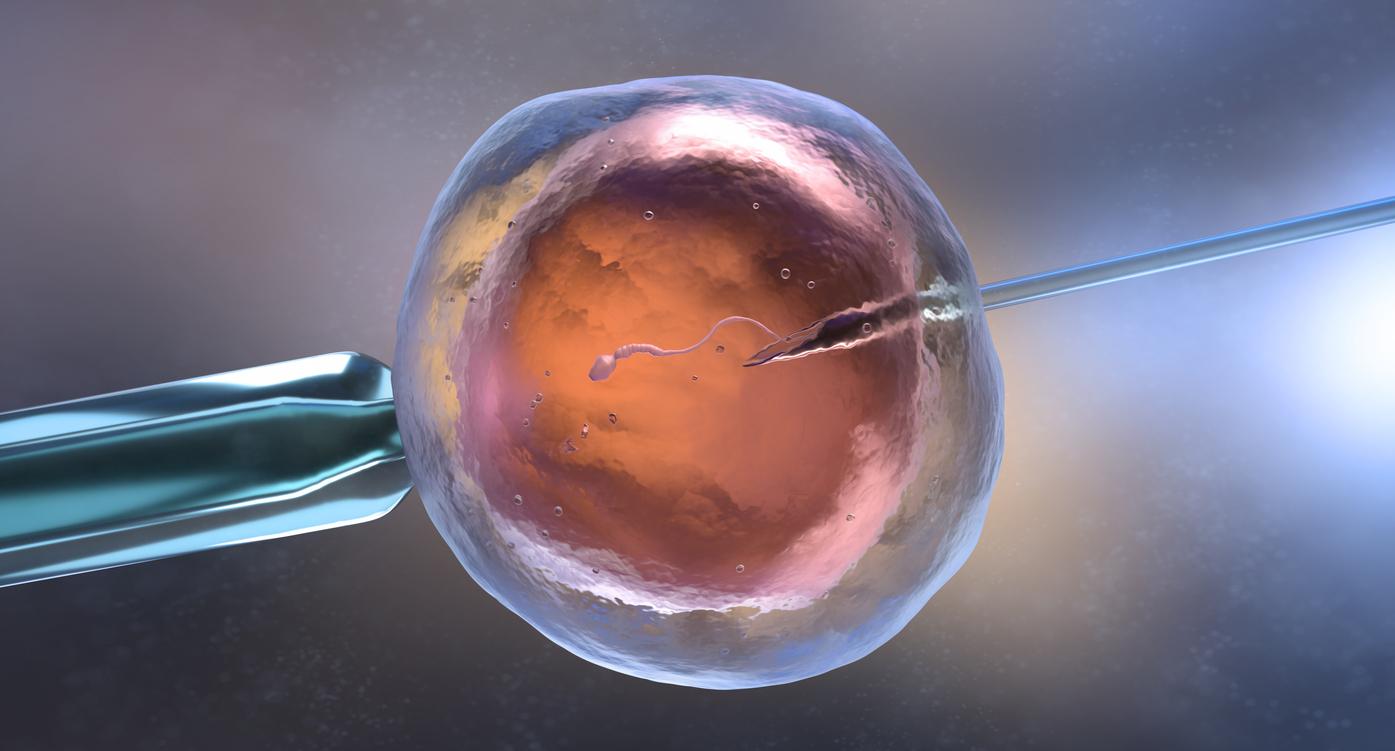Since November 1, Grenoble reserves the right to prohibit certain vehicles from driving in the event of a prolonged pollution peak. A first in France.

Political ecology is good. Elected in 2014 as mayor of Grenoble (Isère), Eric Piolle (EELV) has stepped up actions to promote more responsible behavior. The latest resuscitates the sticker on motor vehicles. Since 1er November, the agglomeration may limit the circulation of certain models in the event of a lasting pollution peak. “A measure above all social”, according to the deputy health of the town hall, Mondane Jactat. His city is the first to take the plunge.
” It’s urgent “
Located in the heart of the Rhone valley, Grenoble is far from being spared from pollution. The city suffocates regularly and exceeds the thresholds recommended by the World Health Organization (WHO). On average, 18 micrograms of fine particles per cubic meter of air are found in the agglomeration. “The consequences on health are dramatic,” says Mondane Jactat.
3 to 10% of new lung cancer cases are attributed to this contaminated atmosphere. It is responsible for 114 deaths per year. Added to this is a long-term impact on chronic diseases and a low birth weight in exposed infants in utero. The conclusion is simple for the deputy mayor in charge of health: “there is an urgent need to act. “
This action takes the form of a gradual limitation. During a pollution peak, the measure is deployed gradually. After two days, the speed on the main roads is limited, and goes from 90 km / h to 70 km / h. If the episode lasts five days, some vehicles are prohibited from driving. “The most polluting, that is to say those who do not have an air quality certificate, will not be able to circulate”, explains Mondane Jactat.
A rapid decline
The certificate takes the form of a sticker, issued by the Ministry of the Environment, Energy and the Sea. At a cost of € 4.18, it is reimbursed on request. Six pellets can be addressed depending on the vehicle’s emissions. If it is too polluting, no certificate is awarded. 8% of models in circulation are affected by this situation.
Forced pedestrians still benefit from a gesture on the part of the town hall of Grenoble: it offers them a free ticket that allows them to travel all day by public transport. One way to compensate for losses for the most disadvantaged, who are also the main owners of polluting vehicles. And get results fast. “When we remove the 8% most polluting, emissions decrease by 10%”, underlines Mondane Jactat.
Mondane Jactat, health assistant to the mayor of Grenoble: ” Fine particles dissipate very quickly in the atmosphere. An improvement in air quality is immediately felt. “
194 follower cities
The device is ramping up after seven consecutive days of pollution: the certificates category 4 and 5 are also banned from all traffic in the Grenoble conurbation. “This time, we are setting up free public transport until the end of the episode,” says Mondane Jactat.
The measure is not new: in March 2014, 194 zones adopted this system in 9 different countries. The champion is by far Italy, with 94 member cities, followed closely by Germany and the Netherlands. Grenoble has every chance of obtaining real results in view of its clearly favorable infrastructure. Cycle paths, pedestrian areas and public transport are very well developed throughout the agglomeration.
Mondane Jactat : ” This facilitates movement and circulation in the event of a pollution episode. We’re talking about just a few days a year. “
The device has the advantage of being fairer than that adopted by Paris. The French capital uses alternating traffic in the event of a prolonged pollution peak. This does not rule out the least clean vehicles, although the impact is real on air quality.

.
















